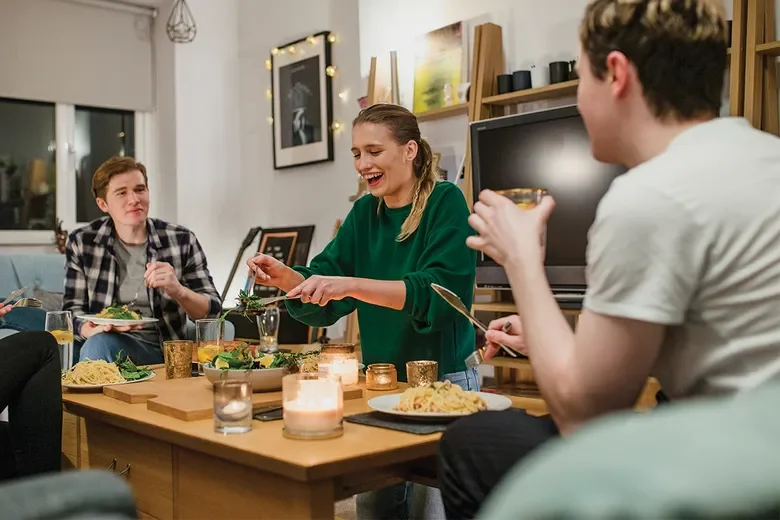Why More Parents Are Saying No to Wine O’Clock
It is no secret that Gen Z and Millennial parents are changing the way they think about alcohol. Reports show that these generations are drinking less than those before them, embracing what has been called the sober curious movement. But what is driving this cultural shift, and what does it say about how we are redefining health, connection, and even parenting itself?
From “Wine Mom” to Wellness Mom
There is a clear fascination right now with health optimization. Whether it is tracking sleep with an Oura ring, following a gut-healing protocol, or reading books like Quit Like a Woman, younger parents are deeply invested in how to feel and function better. Cutting back on alcohol is one of the most direct ways to do that. Many are swapping wine nights for turmeric liver shots and kombucha mocktails, driven by a curiosity about what it feels like to live without the fog of alcohol altogether.
That said, we cannot ignore the nuances. Alcohol may be on the decline, but cannabis use, especially through edible gummies marketed for sleep and anxiety, is on the rise. The coping mechanism may look different, but the underlying need for relief has not gone away.
The Loneliness Factor
There is another piece to this story that is easy to overlook: social isolation. We are seeing less drinking, but also less socializing in general. Alcohol often goes hand in hand with connection, and as modern life becomes increasingly digital and busy, many parents are finding fewer opportunities to gather in person. So yes, the wine mom trope is fading, but it is partly because the village that once gathered for happy hour is not meeting up as often anymore. The numbing might have simply shifted from a glass of rosé to a few hours of scrolling.
Burnout and the Sober Shift
At first glance, it might seem that parental burnout would drive more drinking. But what is actually happening is the opposite. Burnout is so pervasive that many parents are realizing alcohol is not helping. It only masks the symptoms. Instead of numbing the exhaustion, they are searching for actual relief, and they know that means better sleep, more energy, and less anxiety. Since alcohol disrupts all three, cutting it out becomes a practical and even therapeutic step toward healing.
Real Benefits Parents Are Noticing
When parents drink less, the benefits are often immediate. Sleep improves. Mornings feel easier. Patience stretches a little farther. And that lingering next-day anxiety, often called “hangxiety,” tends to fade. There is something deeply empowering about waking up with a clear head, especially when you are raising kids who seem to wake up ready to run a marathon.
Why It Is Easier to Say No
There has also been a cultural shift in how we handle boundaries.
Saying no to a drink does not require an excuse anymore.
Many people now respect and even celebrate someone’s decision not to drink. The wellness movement has made it socially acceptable to prioritize your health and your mental clarity, and for many parents, that is a relief.
Getting Started: Small Experiments, Not Big Declarations
If you are curious about what a little less alcohol might do for you, start small. Try a 24 or 48 hour experiment during the week and see how your body and mood respond. Notice your sleep. Notice your energy. If you realize that skipping a glass of wine feels harder than expected, that is not a failure, it is information. It helps you understand your habits and triggers more clearly.
You can also make it easier on yourself by simply keeping less alcohol at home. Removing the visual cue creates a natural barrier and helps break the automatic association between stress and a drink.
Finding New Ways to Unwind
The real question behind all of this is not how to stop drinking. It is how to reward yourself, connect, and decompress in other ways. That dopamine hit can come from a Pilates class, a dessert you have been craving, or a walk with a friend after bedtime. The goal is not deprivation, it is redirection. You are still honoring the need for pleasure and release, just through something that genuinely restores you.
Final Thoughts
We are witnessing more than just a passing wellness trend. It is a collective reimagining of what it means to feel good and stay grounded as a parent.
The sober curious movement is not about moral superiority or perfection. It is about curiosity, intention, and self-respect.
It is about realizing that life is too short to sleep poorly, wake up anxious, or miss the joy that comes from truly being present.




